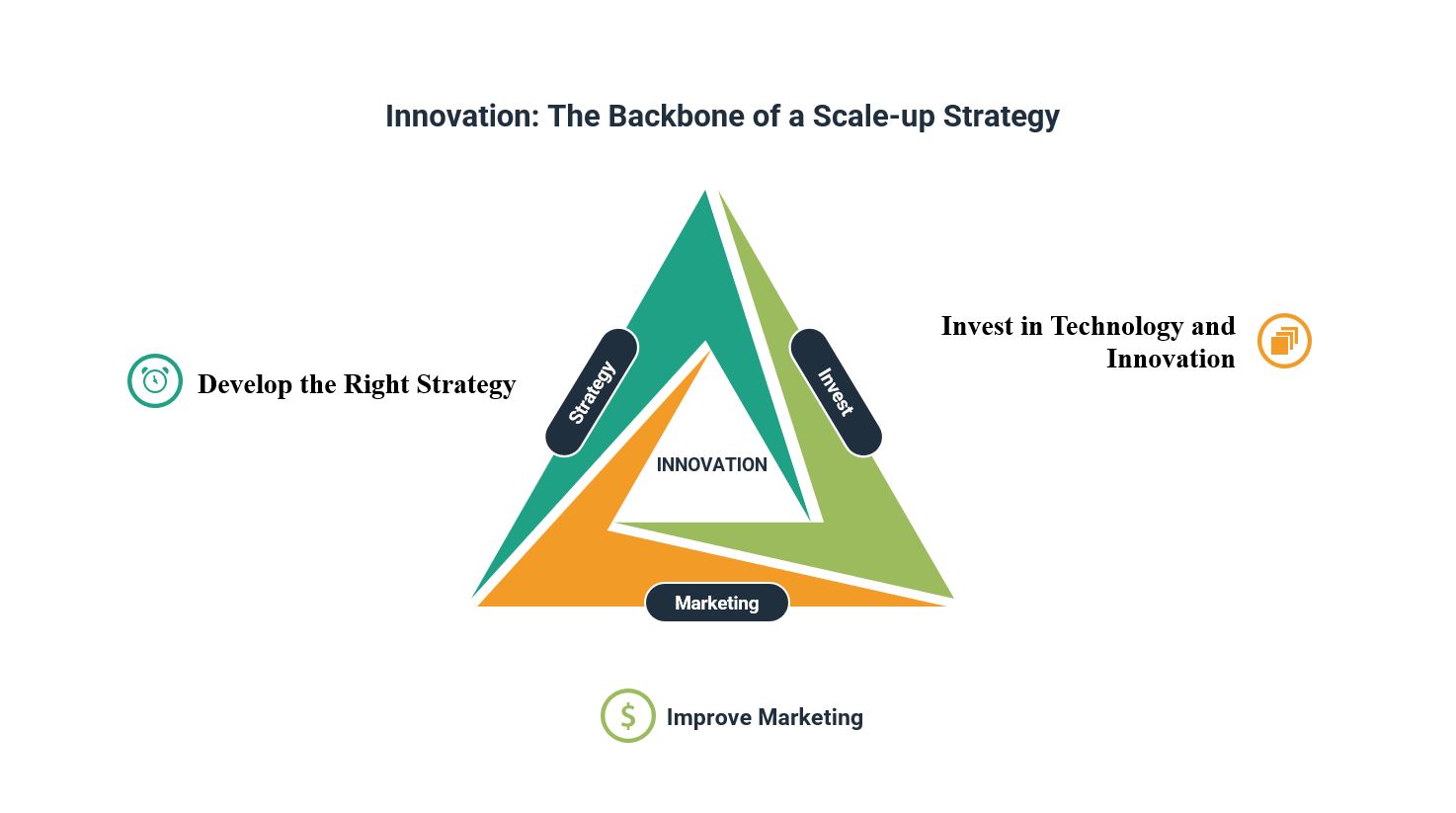The Delicate Years: Why Daycare Might Not Be Right For Your Young Child

Table of Contents
Emotional and Social Development Concerns
The early years are a time of intense emotional and social development. Daycare, while potentially beneficial in some ways, can present challenges to a young child's emotional well-being.
Separation Anxiety and its Impact
Separation anxiety is a common experience for young children, particularly those under three years old. The intense stress caused by separating from parents can be exacerbated by the daycare environment. The unfamiliar surroundings, absence of primary caregivers, and exposure to many unfamiliar children can heighten anxiety levels. This can manifest in several ways:
- Increased crying and distress upon drop-off and pick-up.
- Clinginess and difficulty separating from parents.
- Sleep disturbances, including nightmares or difficulty settling.
- Regression in previously achieved developmental milestones, such as potty training.
- Changes in appetite, including decreased food intake or picky eating.
Research consistently shows a link between early separation and increased emotional vulnerability later in life. Children who experience prolonged separation anxiety may have difficulty forming secure attachments and regulating their emotions effectively.
Lack of Individualized Attention
Many daycare centers operate with high child-to-caregiver ratios. This means children may not receive the individualized attention they need to thrive emotionally and socially. A lack of consistent, responsive caregiving can negatively impact development:
- Difficulty forming strong attachments with caregivers, leading to feelings of insecurity.
- Increased aggression or withdrawn behavior due to limited one-on-one interaction and lack of emotional support.
- Less opportunity for caregivers to help children learn to regulate their emotions effectively.
Responsive caregiving, where caregivers are attuned to a child's individual needs and emotional cues, is crucial for healthy emotional development in the early years. Daycare settings with large ratios often make this type of care difficult to provide consistently.
Health Risks and Exposure to Illness
Daycare centers, by their nature, involve close contact between many children. This increases the risk of exposure to illnesses and infections.
Increased Exposure to Germs
The close proximity of children in daycare settings significantly elevates the risk of contagious illnesses:
- Frequent colds and respiratory infections.
- Increased incidence of ear infections.
- Gastrointestinal illnesses (stomach bugs).
- Potential exposure to more serious illnesses, such as chicken pox or influenza.
These frequent illnesses can disrupt a child's development, impacting their sleep, appetite, and overall well-being. Parents also face increased stress and time off work due to the frequent need to care for sick children.
Potential for Allergen Exposure
Daycare settings can also expose children to a variety of allergens, including:
- Food allergens, such as peanuts and tree nuts.
- Pet dander, if pets are present in the facility.
- Dust mites and other environmental allergens.
This increased exposure can lead to allergic reactions, ranging from mild to severe, and potentially increase the risk of developing allergies later in life. While daycare centers can take steps to mitigate allergen exposure, complete avoidance is often difficult.
Developmental Milestones and Daycare's Influence
The early years are critical for acquiring fundamental skills in language and cognition. Daycare's impact on these developmental milestones warrants careful consideration.
Impact on Language Acquisition
Extensive research highlights the importance of parent-child interaction for language development. In daycare settings, limited one-on-one time with parents may hinder a child’s language acquisition:
- Slower language acquisition compared to children with more extensive parent-child interaction.
- Reduced vocabulary size and expressive language skills.
- Delayed speech development and potential difficulties with communication.
The rich, interactive language environment provided by parents is difficult to replicate in a daycare setting, even with dedicated and skilled caregivers.
Cognitive Development and Stimulation
While some daycares offer stimulating activities, the focus is often on group activities rather than individualized learning experiences. This can potentially limit cognitive development:
- Less opportunity for individualized learning based on the child's unique needs and pace.
- Possible lack of enriching activities tailored to a child's specific interests and abilities.
- Reduced opportunities for exploration and discovery-based learning.
Home-based learning activities, playgroups, or smaller, more focused early childhood programs can provide a more personalized approach to cognitive stimulation.
Conclusion
The decision of whether or not to enroll your young child in daycare is a deeply personal one. While daycare offers convenience, understanding the potential downsides discussed above—regarding emotional development, health risks, and developmental milestones—is crucial. Weigh the pros and cons carefully, considering your child's individual temperament and needs. Remember, these early years are precious and set the stage for future development. Choosing the right environment for your child—whether that's daycare, in-home care, a nanny, or another option—is paramount for nurturing their healthy growth. Carefully consider all aspects of daycare for young children before making a decision.

Featured Posts
-
 Kholodniy Aprel 2025 V Permi I Permskom Krae Prognoz Snegopadov I Nizkikh Temperatur
May 09, 2025
Kholodniy Aprel 2025 V Permi I Permskom Krae Prognoz Snegopadov I Nizkikh Temperatur
May 09, 2025 -
 Police Investigate Fatal Accident Involving Two Pedestrians In Elizabeth City
May 09, 2025
Police Investigate Fatal Accident Involving Two Pedestrians In Elizabeth City
May 09, 2025 -
 Don De Cheveux A Dijon Pour La Bonne Cause
May 09, 2025
Don De Cheveux A Dijon Pour La Bonne Cause
May 09, 2025 -
 Sto Xamilotero Epipedo 23 Eton I Krisi Xionioy Sta Imalaia
May 09, 2025
Sto Xamilotero Epipedo 23 Eton I Krisi Xionioy Sta Imalaia
May 09, 2025 -
 Objavena Slovenska Dvojnicka Dakoty Johnson
May 09, 2025
Objavena Slovenska Dvojnicka Dakoty Johnson
May 09, 2025
Latest Posts
-
 Understanding The Impact Of Federal Riding Changes In Greater Edmonton
May 10, 2025
Understanding The Impact Of Federal Riding Changes In Greater Edmonton
May 10, 2025 -
 Edmonton Unlimiteds Global Impact Strategy Scaling Tech And Innovation
May 10, 2025
Edmonton Unlimiteds Global Impact Strategy Scaling Tech And Innovation
May 10, 2025 -
 Federal Riding Boundary Changes Their Effect On Edmonton Area Voters
May 10, 2025
Federal Riding Boundary Changes Their Effect On Edmonton Area Voters
May 10, 2025 -
 Edmonton Unlimiteds New Tech And Innovation Strategy Scaling For Global Impact
May 10, 2025
Edmonton Unlimiteds New Tech And Innovation Strategy Scaling For Global Impact
May 10, 2025 -
 Edmonton Oilers Projected To Win Against Los Angeles Kings Betting Analysis
May 10, 2025
Edmonton Oilers Projected To Win Against Los Angeles Kings Betting Analysis
May 10, 2025
